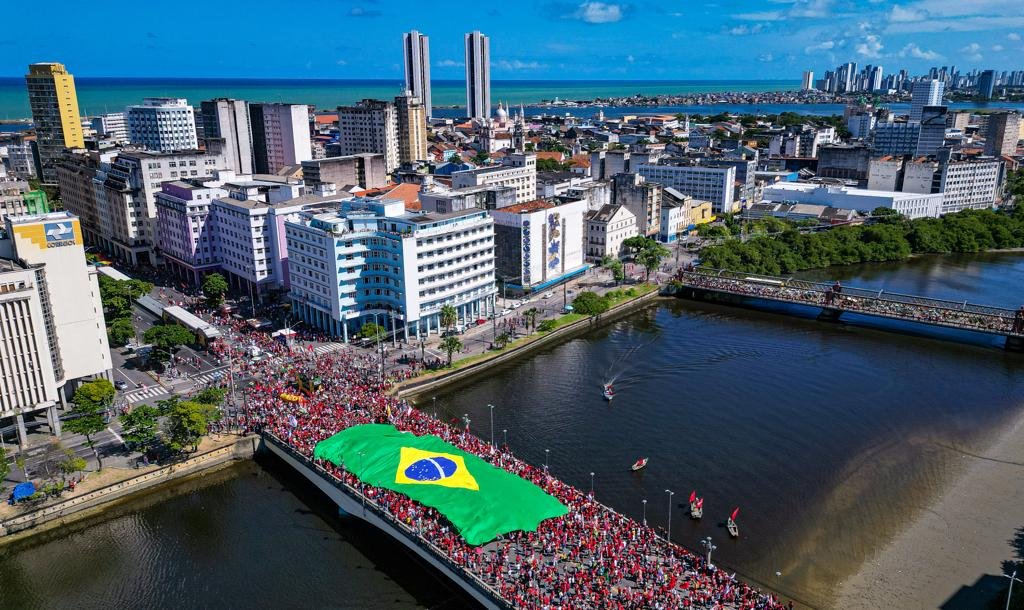The first round of Brazil’s general elections was something of a bittersweet victory for former President Luiz Inácio Lula da Silva. While he became the first presidential candidate to win more votes than the incumbent in the country’s democratic history, he fell just 1.8 million votes short of eliminating the need for a runoff and clinching the election outright.
What’s more, Lula suffered defeat in São Paulo, a key battleground for national elections. Wiping out President Jair Bolsonaro’s 1.75-million lead in Brazil’s most populous state would have left the center-left figurehead just centimeters away from a first-round triumph.
However, Lula suffers no such problems in Brazil’s Northeast. Home to 39 million voters, the region has long been a stronghold for the former president’s Workers’ Party, being decisive to leftist wins between 2006 and 2014.
On October 2, Lula racked up an advantage of 12.9 million Northeast votes ahead of Mr. Bolsonaro. In the state of Maranhão alone, Brazil’s 12th most populous, Lula’s vast lead was enough to offset the disappointment in São Paulo.
Now, with polls suggesting that Mr. Bolsonaro is clawing back the gap just over a week before the October 30 runoff, the final outcome in the Northeast could be vital in deciding Brazil’s next president.

A deeper shade of red?
For the Lula camp, the goal is to extend their advantage in the Northeast even further. Lula’s support in the region is overwhelmingly due to a series of initiatives during his time as president (2003-2010) that benefitted what was, and remains, the poorest part of Brazil.
The headline achievement of the Lula government was the Bolsa Família program, a world-renowned cash-transfer program that help to cut hunger rates from 10.6 percent of the population to just 2.5 percent by the end of his term. As the Northeast was home to the largest share of these struggling households, the...


 Search
Search






































